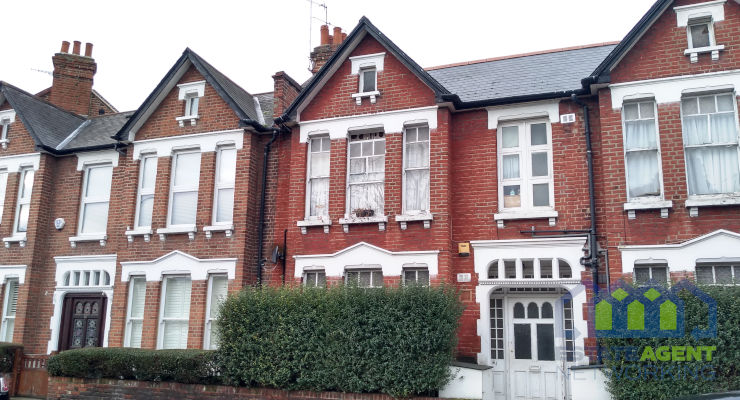6 Factors that Influence Your Home’s Value
If you’re a homeowner or are considering selling your home, you’ve probably wondered how real estate agents determine home values. It can seem like a mysterious process, but it’s actually pretty straightforward. In this post, we’ll break down the factors a real estate agent considers when determining a property valuation.
Neighborhood Comparables
Realtors often use neighborhood comparables, or “comps,” to determine the value of a home. In general, comps are defined as properties that have recently sold in the same area and that are similar in size, style, and features to the subject property. By looking at comps, realtors can get a good idea of what buyers in the area are willing to pay for a home with certain characteristics.
However, it’s important to note that there are always exceptions to the rule. For example, a luxury home with high-end finishes may not have any direct comps in the area, making it difficult to determine an accurate value. In these cases, realtors will often look at overall trends in the market to come up with a valuation.
Age and Condition of the Home
Another important factor that real estate agents consider when determining value is the home age and condition. Generally speaking, newer homes will sell for more than older homes, and homes in good condition will sell for more than homes in need of repair.
However, there are exceptions to every rule. For example, a historic home that has been well-maintained may be worth more than a newer home that has fallen into disrepair. Ultimately, the age and condition of a home are just two of the many factors that realtors must consider when determining its value.
Home Upgrades and Updates
When a home has been upgraded or updated, it will usually sell for more than a similar home that hasn’t been renovated. However, not all upgrades are created equal. Some, like a new roof or energy-efficient windows, will add more value to a home than others, like a new coat of paint or carpet.
It’s also important to note that not all upgrades will result in a higher sale price. In some cases, the cost of the upgrade may exceed the value it adds to the property. For example, a $10,000 kitchen renovation may give you a 100% ROI (Return on Investments); however, in some cases, sellers may only get 75% ROI. Therefore, it’s important to consult with a real estate agent before making any major changes to your home.
Location of Home
Location is one of the most important factors in determining a home’s value. After all, some locations are just more desirable than others. For example, homes in wealthy neighborhoods are typically worth more than homes in poorer neighborhoods. This is because people are willing to pay more to live in a desirable location. Likewise, homes near good schools or parks will also fetch a higher price than those that aren’t as conveniently located. So when a realtor is helping a homeowner determine their asking price, one of the first things they’ll look at is the home’s location.
In some instances, a home that is closer to the downtown district may sell for more than a home that is further out, even if they are exactly the same in terms of size and condition. This is because downtown locations are often considered to be more desirable. The same is true for homes that have a water view or are located on a golf course. In short, location plays a big role in determining value.
Local Real Estate Market
Realtors are always looking for trends in the local real estate market when they are determining the value of a home. Some of the factors they take into account include recent sale prices of similar homes, the average length of time homes are on the market and the current demand for housing in the area. Additionally, they will also look at larger economic trends that could impact the market, such as job growth or interest rates. By taking all of these factors into consideration, realtors can get a good sense of where the market is heading and how it might impact the value of a particular home. This information helps them to price homes correctly, which ultimately benefits both buyers and sellers.
Economic Indicators/Current Interest Rates
When interest rates are low, buyers are able to get more house for their money and are more likely to enter the market. This increased demand often leads to higher prices. Conversely, when interest rates are high, buyers are less likely to purchase a home and prices may drop as a result. Another key indicator is job growth. When the economy is strong and people are regularly finding work, they’re more likely to feel confident about buying a home. On the other hand, when job growth is sluggish, people may hold off on making such a large purchase. By tracking these and other economic indicators, real estate agents can get a better sense of how the market is trending and what impact it might have on home prices.
Ultimately, there are many factors that go into determining the value of a home. Real estate agents must consider the age and condition of the property, its location, and current trends in the market before arriving at a final figure. By taking all of these factors into account, they can help to ensure that buyers and sellers are getting the best possible price for their homes.








